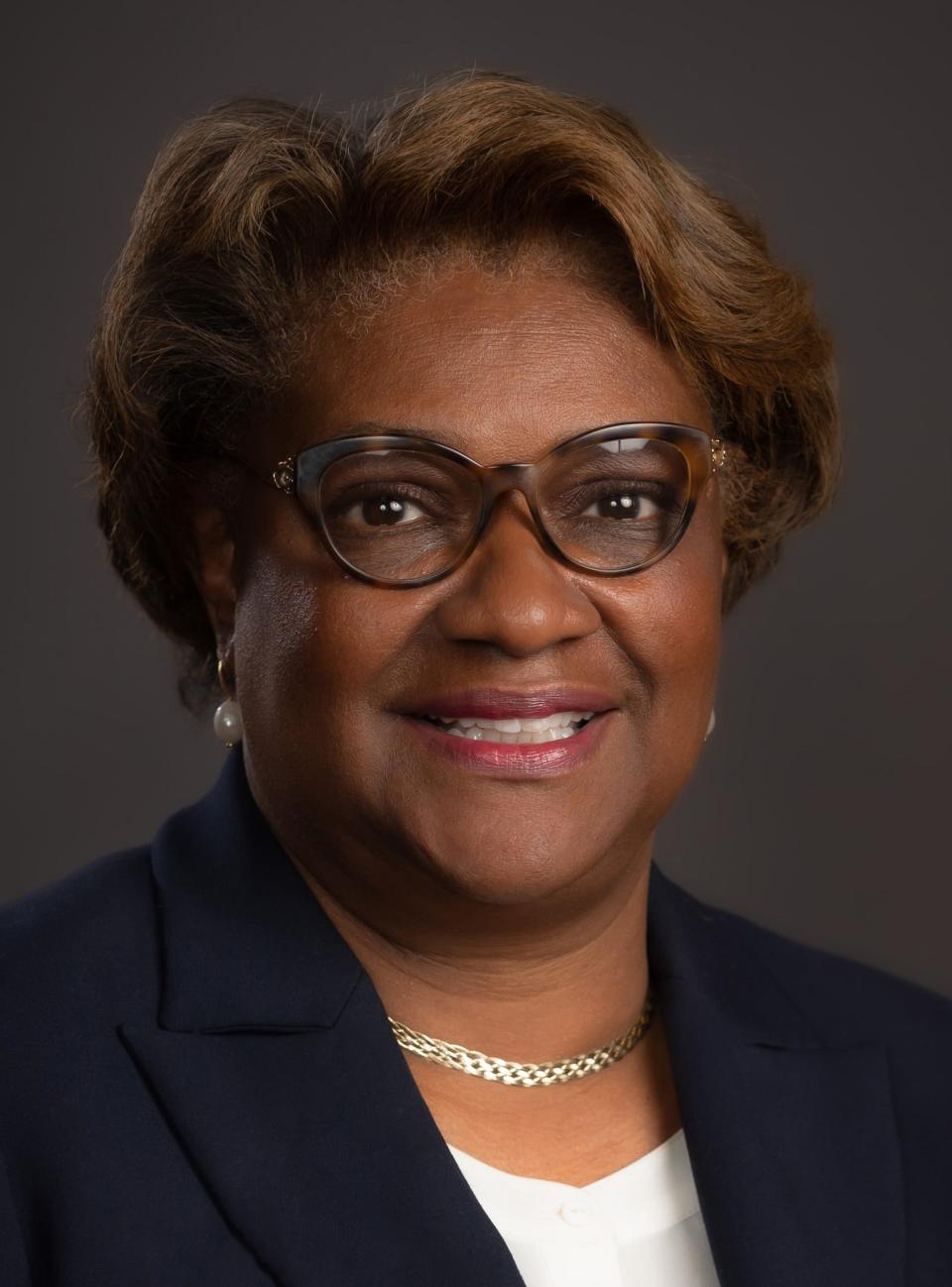Georgia House hearing on maternal mortality calls for solutions to healthcare deserts
At a public hearing held Thursday to address maternal mortality in Georgia, the consensus among state legislators, healthcare workers and advocates was clear: Pregnancy-related deaths, which disproportionately impact Black and brown women in Georgia, are largely preventable.
And the state is doing far too little to address the problem.
For four hours, physicians, doulas and community organizers testified before the Georgia House Democratic Caucus committee on maternal mortality about their experiences suffering from pregnancy-related health complications, or advocating for patients with high-risk pregnancies.
Several of the speakers brought in pictures of loved ones who had died during labor or shortly afterwards, often citing inadequate medical care and lack of education around pregnancy-related health issues as contributing factors.
Georgia is currently ranked as one of the worst states in the nation for maternal health outcomes, and according to a 2023 report from the Georgia Department of Public Health, the state’s maternal mortality rates are on the rise.
Between 2018 and 2020, there were 30.2 pregnancy-related deaths for every 100,000 live births, compared to 25.1 between 2015 and 2017. Black women in the state are also twice as likely to die as white women, and women on Medicaid are disproportionately affected. A staggering 89% of the deaths had at least some chance of being prevented.
More on this issue: Pregnancy-related deaths occur more in Georgia than most states. How experts aim to change that
More on this issue: Georgia's abortion law does little to improve state's high maternal mortality rates
Representatives from organizations like the National Organization for Women, Amplify Georgia Collaborative and the Community Midwives National Alliance proposed a wide range of potential solutions, including expanding Medicaid access and raising reimbursement rates, improving access to midwives and doulas, and expanding community health services in rural parts of the state. According to a March of Dimes report, more than half of Georgia’s counties have been designated maternity care deserts, with little to no access to obstetric practitioners.
“Currently we are fighting a battle to be reimbursed at the same level as the hospital who does not share the same outcomes we do,” Leigh Simpson, an office manager at the Midwife Group Women’s Health and Birth Center in Savannah, said during her testimony. She noted that the birth center’s rate of severe outcomes is 5%, while the nearby hospital has a rate of 42%.
Simpson added that many of the patients at the birth center are forced to travel across the state in order to access pregnancy care due to the maternity care deserts.
“Some of our birthing families travel over two hours to come to our birth center because they live in a desert wasteland of healthcare,” she said.
Dr. Jane Ellis, the medical director of Emory Regional Perinatal Center, also cited a lack of available doctors as one of the major contributors to maternal health outcomes in the state.

“I think we're going to have to make Georgia a more attractive state to practice OB/GYN in,” Ellis said. “There are a lot of issues that are keeping new providers from wanting to come to Georgia. There are also a lot of those same issues that keep currently graduating residents from wanting to stay in Georgia. ... There has to be better reimbursement. There has to be more opportunities for providers to come to Georgia and flourish.”
State Rep. Lydia Glaize ended the hearing with a call to action, vowing to wear purple armbands throughout the 2024 legislative session to bring awareness to the state of maternal mortality in Georgia and calling on other female legislators to do the same.
“I want to send you a message that women are not second-class citizens,” she said. “There is no man who got here without a mother who birthed you. I call you men to task, from the governor to every leader to the House speaker. You have a mother and you have daughters. You have aunts and you have granddaughters. Their care, our care, is 100% as important as your health.”
This article originally appeared on Savannah Morning News: Georgia maternal mortality solutions proposed in public hearing

